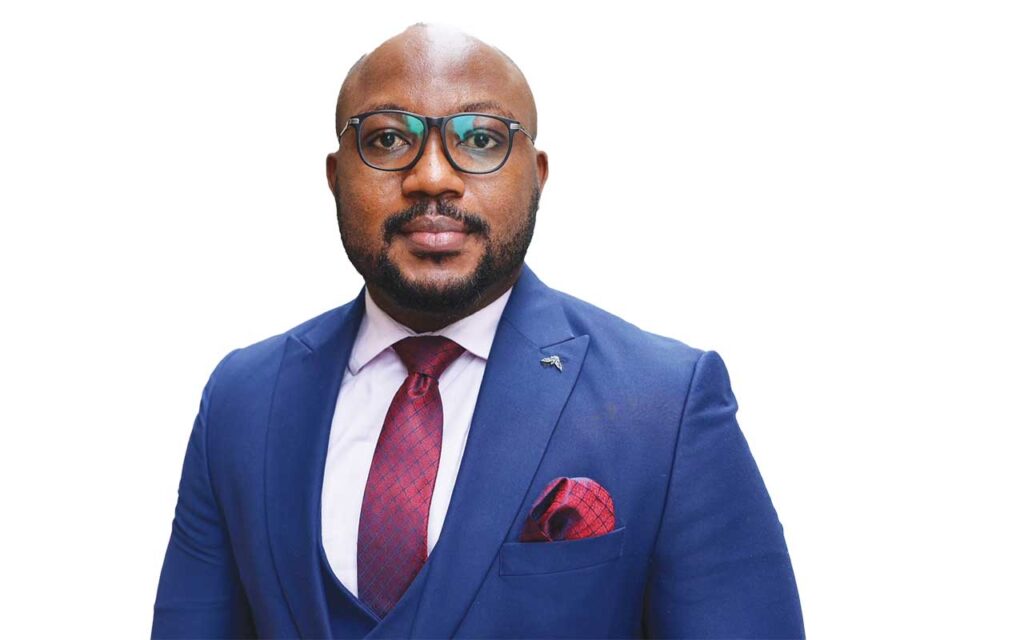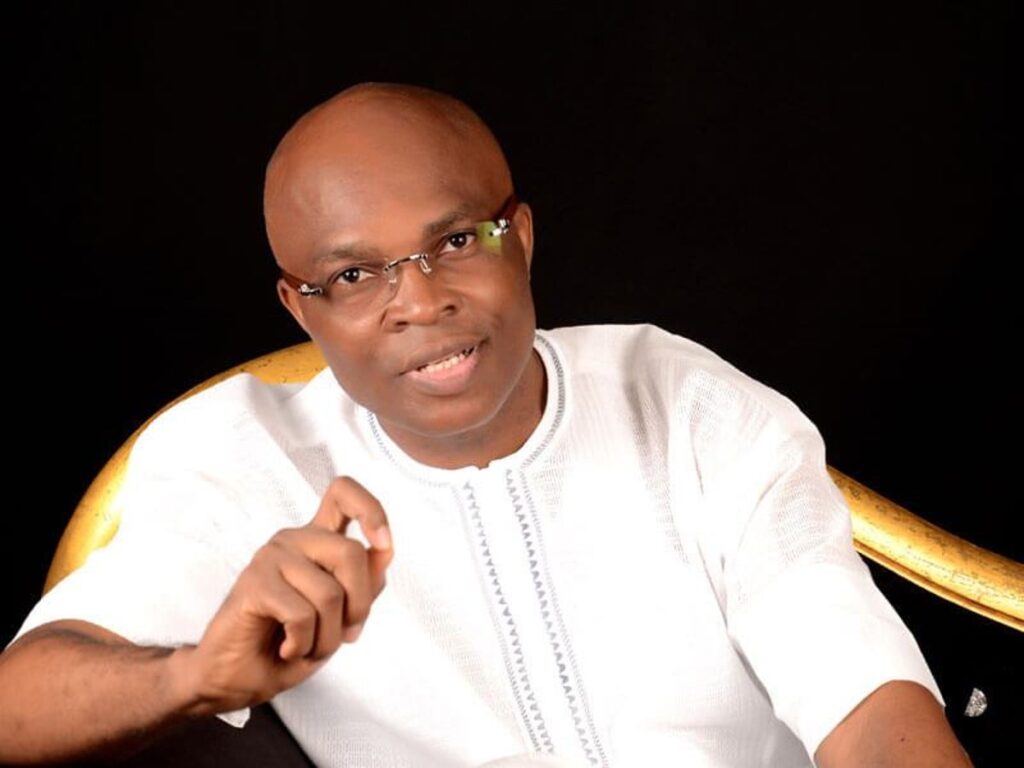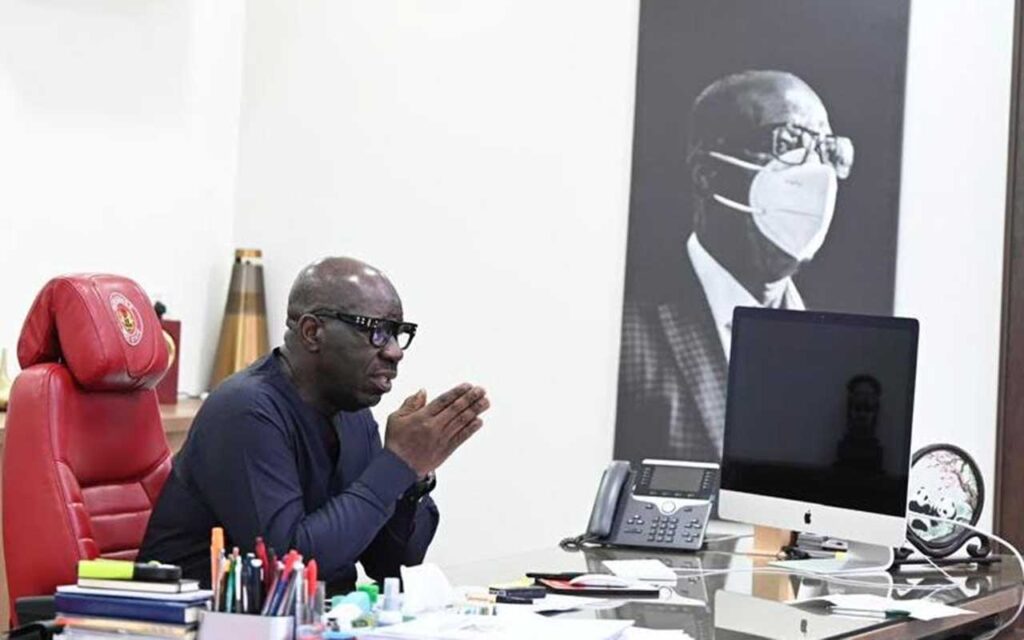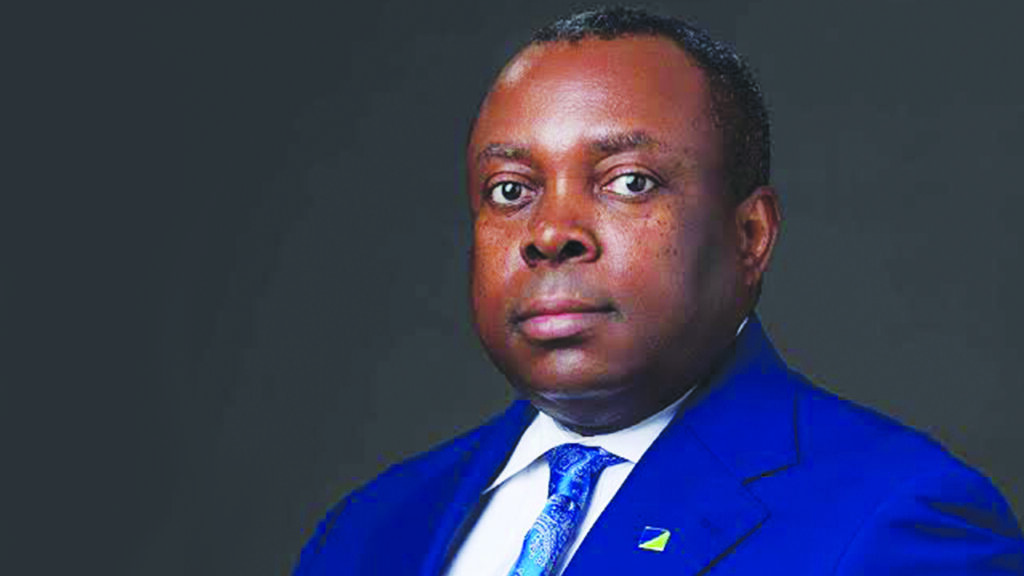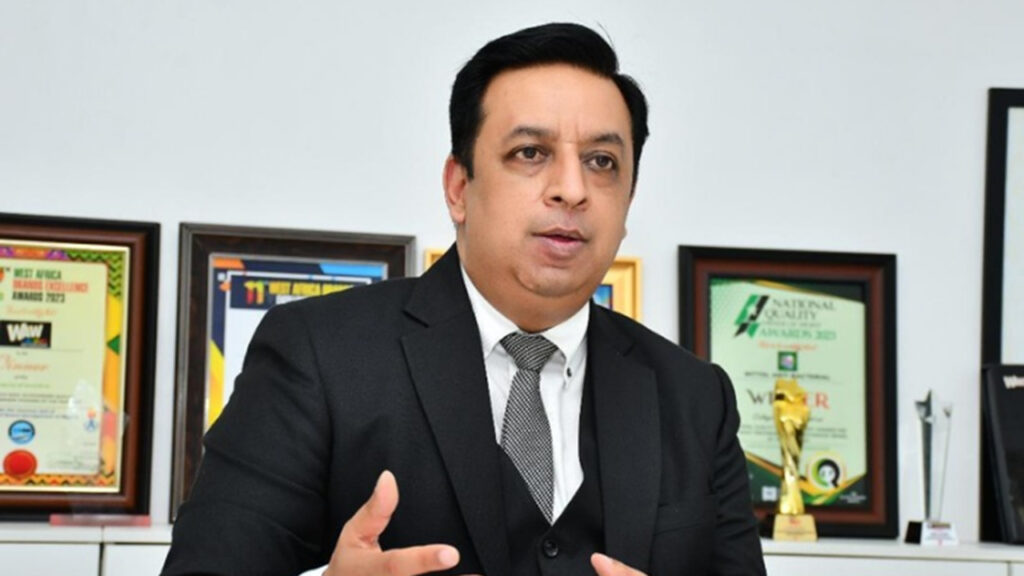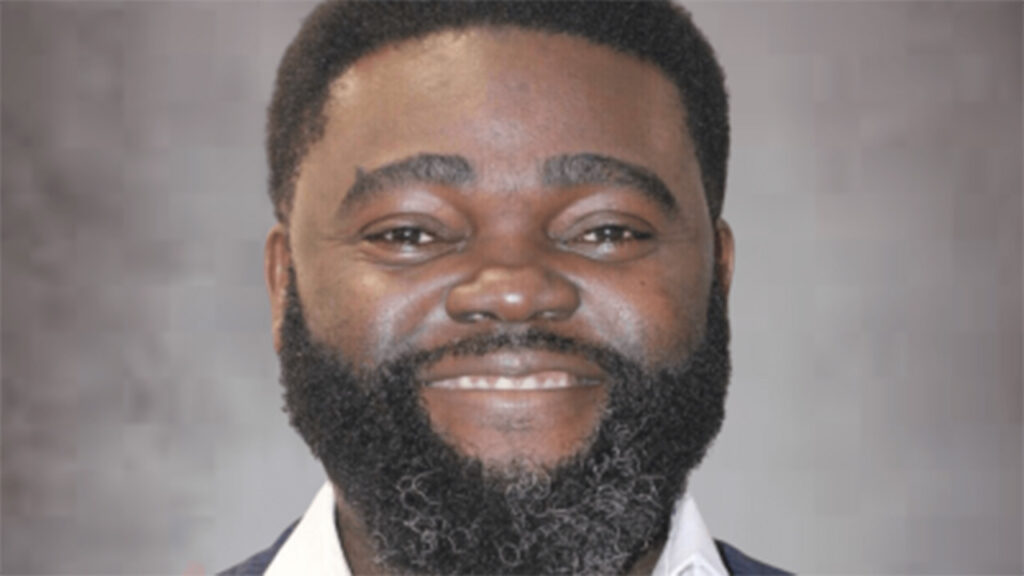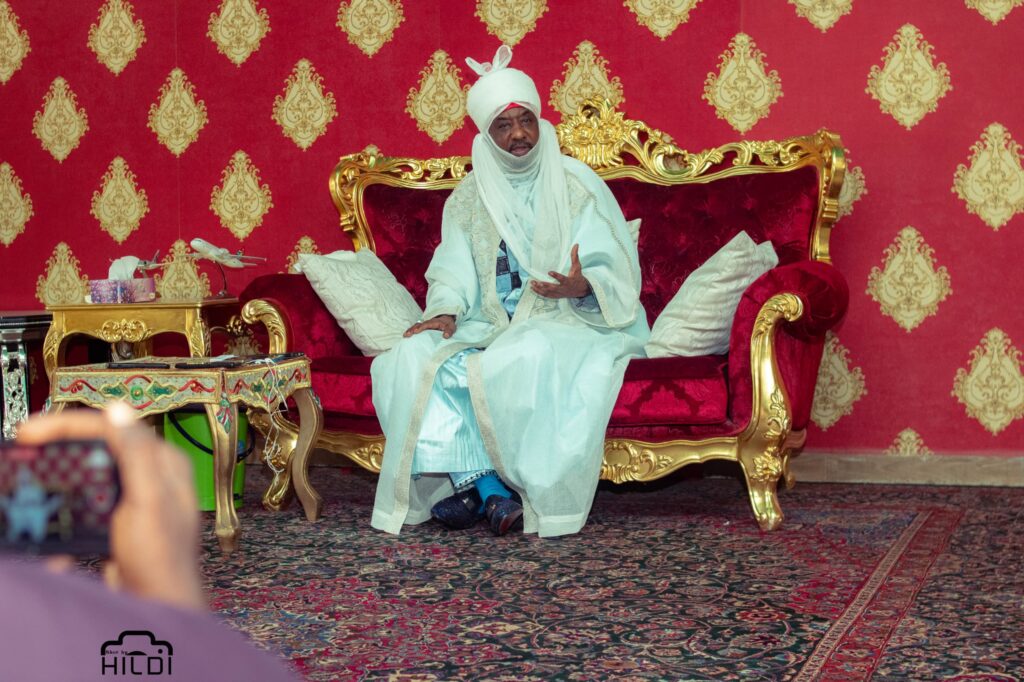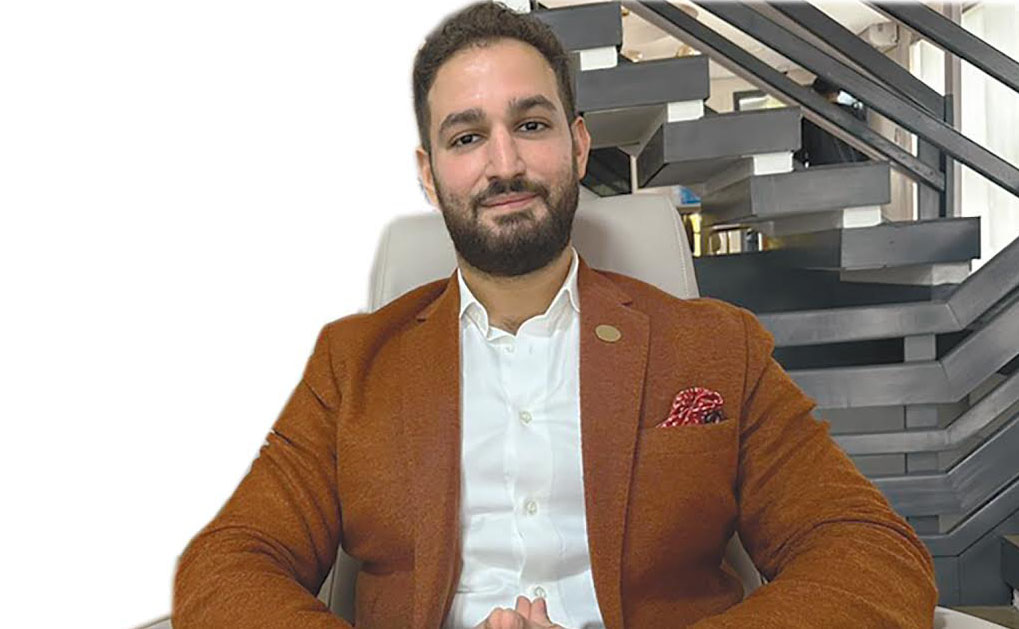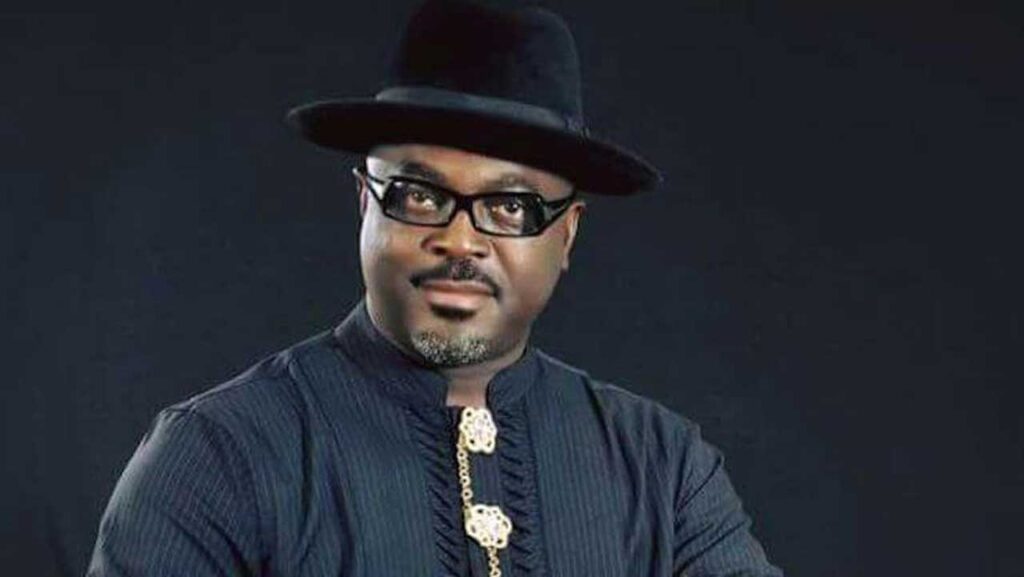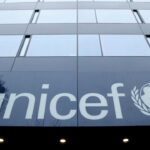The United Nations Children Fund (UNICEF) representative in Nigeria, Peter Hawkins, in this interview with NKECHI ONYEDIKA-UGOEZE, spoke on the incessant attacks on schools, abduction of schoolchildren, and the Generation Unlimited, a new initiative aimed at reaching 20 million Nigerian youths with quality education, skills training, employment, and entrepreneurship opportunities.
What do you make of the incessant attacks on schools/abduction of schoolchildren in the country that is upswing?
ENOUGH is enough on these attacks on schools and the negative perception regarding insecurity that parents and children are faced with. There are multiple solutions, but the most important thing is understanding why these things are happening, and sharing intelligence regarding why they are happening. With issues of insurgency, farmer/ herder conflicts, and widespread criminality and extortion abound, there is a compelling need for intelligence sharing and analysis so that authorities can take the right steps, at the right time. We launched the Safe School Initiative, which brought the security sector, the government (especially finance and education ministries), the governors, and the international community together to address problems at that level.
After that is the community and school levels, where there is an understanding of how both can better work together because the communities are a source of protection to the schools. If communities value something, they protect it; that is the way we work as human beings – we are reaching out for that.
There is something called school-based management committees, and we are trying to see what resources can be put into that to expand into the communities so that they can understand the value of learning, the importance of the schools, and to be able to protect the schools.
Won’t these attacks on schools deter parents from sending their wards to schools thereby increasing the number of out-of-school children in the country?
Absolutely. That is why I said that enough is enough, and we have to stop, and ultimately reverse that trend because if it continues the way that it is going in Kaduna State, (where 13 schools were closed about three weeks ago), the country will have more out-of-school children or more children whose learning has been interrupted.
Right now, many parents are worried about their children’s education, so we have to change that narrative.
We believe that this academic year alone, learning has been interrupted for 1.3 million children. This is why Generation Unlimited is very important; it is to help children coming through that system, no matter their background, or situation, and provide them with life skills and other opportunities to be able to go forward and achieve their aspirations.
Not much is known about Generation Unlimited (GenU) that UNICEF and partners are launching in the country soon. What is it all about?
Generation Unlimited (GenU) is a global platform bringing together government, multi-sectoral institutions, the private sector, and young people together. In Nigeria, it aims to attract investments at global and national levels to make effective programmes, grow and achieve results for 20 million young Nigerians by 2030, through education, employment, entrepreneurship, and empowerment.
Nigeria is the largest African economy has one of the largest young populations in the world, and youth unemployment, which stands at 37 per cent, representing an extraordinary opportunity for development and growth. It’s in view of this that the GenU is embarking on a mission to reach 20 million youths in 10 years with quality education, skills training, employment, entrepreneurship opportunities, targeting girls and adolescents from underserved communities, including those living with disabilities.
Nigeria is in a very good position as it has a very young population; has 65 million people between the ages of 10-24, this bracket constitutes the country’s future. We have this fantastic opportunity to help them to learn, aspire, and to be able to achieve. And if they achieve, Nigeria achieves.
Generation Unlimited in Nigeria looks at three things, which are very crucial to helping that 65 million population to really move forward in a positive way. First, is engagement with the young people. It is critical that we understand the challenges; the thinking of the young people; some of the solutions that they are proposing, and what they are contributing to the society as an important part of the society.
We have, as UNICEF in this case, the Ureport, and about 3.7 million people have subscribed to it. Adopting that helps us to work more closely with young people; to understand what they want, and how they can help Nigeria move forward.
At the same time, within Generation Unlimited Challenge Fund, over the past years, we have been talking and engaging 450, 000 young people across the spectrum. They were engaged with different activities, and one team from Maiduguri went to the global stage and won the Education Award for Generation Unlimited Challenge Fund, which is a fantastic achievement
The second area is learning and skills on one side, and employability and entrepreneurship on the other side. The key thing there is connecting the two areas, where there are people engaged in helping young people develop better life skills. Companies like Unilever Plc, a massive employer of people; the Tony Elumelu Foundation Entrepreneurship is also a massive thing not only in Nigeria but across Africa.
The third area is digitalisation. Young people of today understand digitalisation better than anybody else; they are at the forefront of it, and our role is to try and expand the platform, and more importantly, expand the access so that they can reach that platform. Is it different parts of the country, school to school connectivity in communities that are less provided for with data. Its a package that works together.
How does UNICEF intend to achieve all these objectives?
All these will be done through the partnership, which is under the leadership of the vice president. Partners and supporters in Nigeria are the Office of the Vice President, UNICEF, the Tony Elumelu Foundation, the International Labour Organisation (ILO), the World Bank, GIZ, the United States Agency for International Development (USAID), Airtel, Jobberman, Unilever, AfDB and the UNDP.
It is a partnership of the young people themselves, the private sector, the United Nations, the international community, and the Federal Government. It allows for different things to happen in different parts of the country capitalising on opportunities to be able to take things forward.
What is the target age limit for the project?
We are targeting 20 million Nigerians within 10-24. However, you can’t prescribe an age limit when looking at apprenticeship, so the age limit can be up to 35, as far as it is within the young people’s bracket. That is what we want the focus to be so that this group of people can move Nigeria on a positive trajectory.
Are you worried about the high rate of youth unemployment and poverty in the country?
Absolutely, the youth unemployment is about 37 per cent, it is higher for the youth than for the rest of the population. As you get this demographic bulge coming through, obviously what you would want to do is to give them skills and jobs so that they can move forward and the country can also move forward as well. The alternative is not getting a job and that is the problem. So, the whole thing amounts to trying to ensure that the problem doesn’t arise, or if it does arise, we find solutions to it.
Most graduates look forward to white-collar jobs upon graduation even though these jobs are disappearing. Is this partnership trying to bridge an existing gap?
Yes that is what the partnership is trying to do, that is, filling some gaps, but at the same time trying to change the narratives, and create a new vision for young people, the whole of the UN, the international community, the private sector, the government and the youths themselves.
There are really big gaps when you look at the number of children that are not in school; when you look at literacy figures, and the quality of education that children that are coming out of primary schools are getting, which is not good. While the UN and the government, in a different programme, in a different way, are trying to address the quality and access to education, what Generation Unlimited is trying to do is to say, okay, whatever is the situation, how can we help build the skills of these people? It doesn’t matter if a person hasn’t got a degree in geography. Nigerians are very skillful people and have a lot of aspiration, resilience, and drive to explore. It’s trying to skill them in different ways, including with negotiation skills, communication skills, and so on to be able to get new jobs that we are out for. For people to sell food, they do not need a degree in physics, but they have to understand the quality of food, health/safety issues; how the economy works, and their interpersonal relationships etc. Understanding all these takes away the strains and allows young people to be able to thrive.
Apart from equipping young people with skills, are there grants or startup packs for them?
This is why the partnership is very important because people have different approaches to different things. For Unilever, it might be an apprenticeship, while the Tony Elumelu Foundation might elect to give grants and so on. So, there are different ways, and no one thing fits all. That is the beauty of a partnership of this nature – taking things forward in different ways.
What do you make of the huge inequality gap in the country and her over-dependence on the international community for aids?
This is why the vice president is taking Generation Unlimited forward with a vision to addressing those issues. There is poverty especially as a result of the pandemic and the global economic situation. This poverty has increased to about 105 million people, but there is also social inequality especially around gender. Those are issues that people are in control of and should be looking at to ensure that the girl-child has the same opportunities as the boy-child. I bet you if they do have the same opportunities, the girl will be far ahead. It’s social inequality, as well as economic inequality.
How long is the Generation Unlimited programme going to last, and what are your expectations?
Our collective hope is that the programme will last for 10 years and at the end of the 10 years, we would have reached 20 million people imparting them with developmental skills and opening employment opportunities for them. Twenty million young people in one way or the other by then would have been able to engage with their future; would have been able to express their opinions, and their concerns, etc.
It is also very important for us to address some of these gender inequalities, and see how we can we help girls to go through the jobs and employability. How do we help girls to be able to access data, or get on digital platform so that they can aspire, and end up taking up leadership roles in this country.


